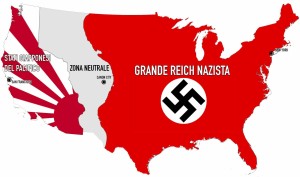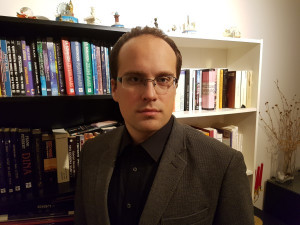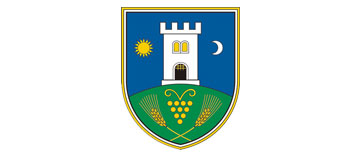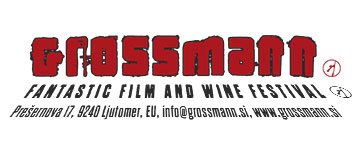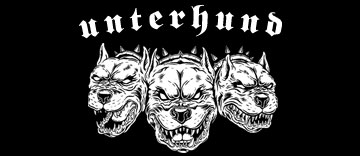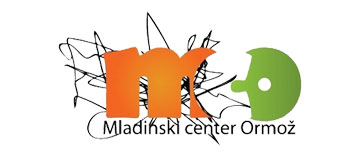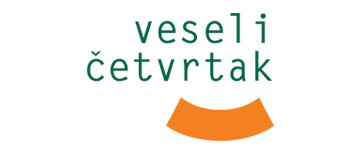Alternative history as a literary and cinematic phenomenon – also named uchronia, counterfactual models, alohistory, parahistory, alternative world, alternative universe, and sometimes simply “what if” (a syntagm which points to the fundamental determination by hypothetical assumptions) – could be defined as a presentation of the world, formed on assumptions about its possible causal development in accordance with hypothetical alterations of known history.
A single alteration, the point at which the fictional narrative diverges from the historiographically confirmed past to be developed into a whole alternative (fictional) history of a certain community or world, is sometimes called Jonbar point, nexus point or point of divergence and it presumes a crucial, implicit or explicit bifurcation in time. At the same time, the point of divergence keeps a specific literary or cinematic suspense of alternative history. it enables the tension concerning the outcome of the story that has moved away from “our timeline”. Around the point of divergence, which can also be connected to Lukács’ concept of moment (Augenblick), they build a number of narrative attempts of what is traditionally considered one of shapes, modes, subgenres, themes or motifs of Sci-Fi.
In her important study The Alternate History: Refiguring Historical Time, Karen Hellekson differentiates between three forms of alternative history, depending on the relation to the moment the world of fictional tale’s divergence from the one created by official historiographies. The first form is nexus story – alternative tale which concentrates on historical moments that are considered ground-breaking, such as battles and assassinations, and where something happens that changes the known outcome of these events. The second form is the “real” alternative history, which takes place some time after the change occurs at nexus point, with these changes radically altering the fictional world in relation to the one we know from the so-called real history. The third form, the story of parallel worlds with numerous co-existing alternative histories, sometimes also called multiverse, typically has at least some of the displayed worlds being similar to our everyday reality.
Darko Suvin considers alternative history within his own definition of Sci-Fi, stating that utopia, as a verbal construction, is founded on astonishment which grows from alternative-historical assumptions. According to this definition, alternative history becomes the ideal matrix for all of science fiction. Alternative history must be, without a doubt, researched as an expression of utopian literature (which also incorporates dystopia or anti-utopia), for utopianism isn’t merely one of Sci-Fi themes or motifs, it is the fundament of its narrative dynamics.






